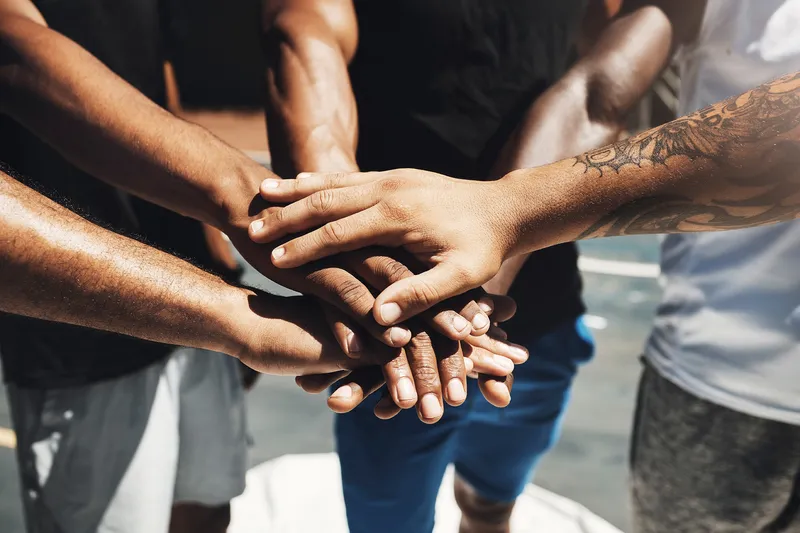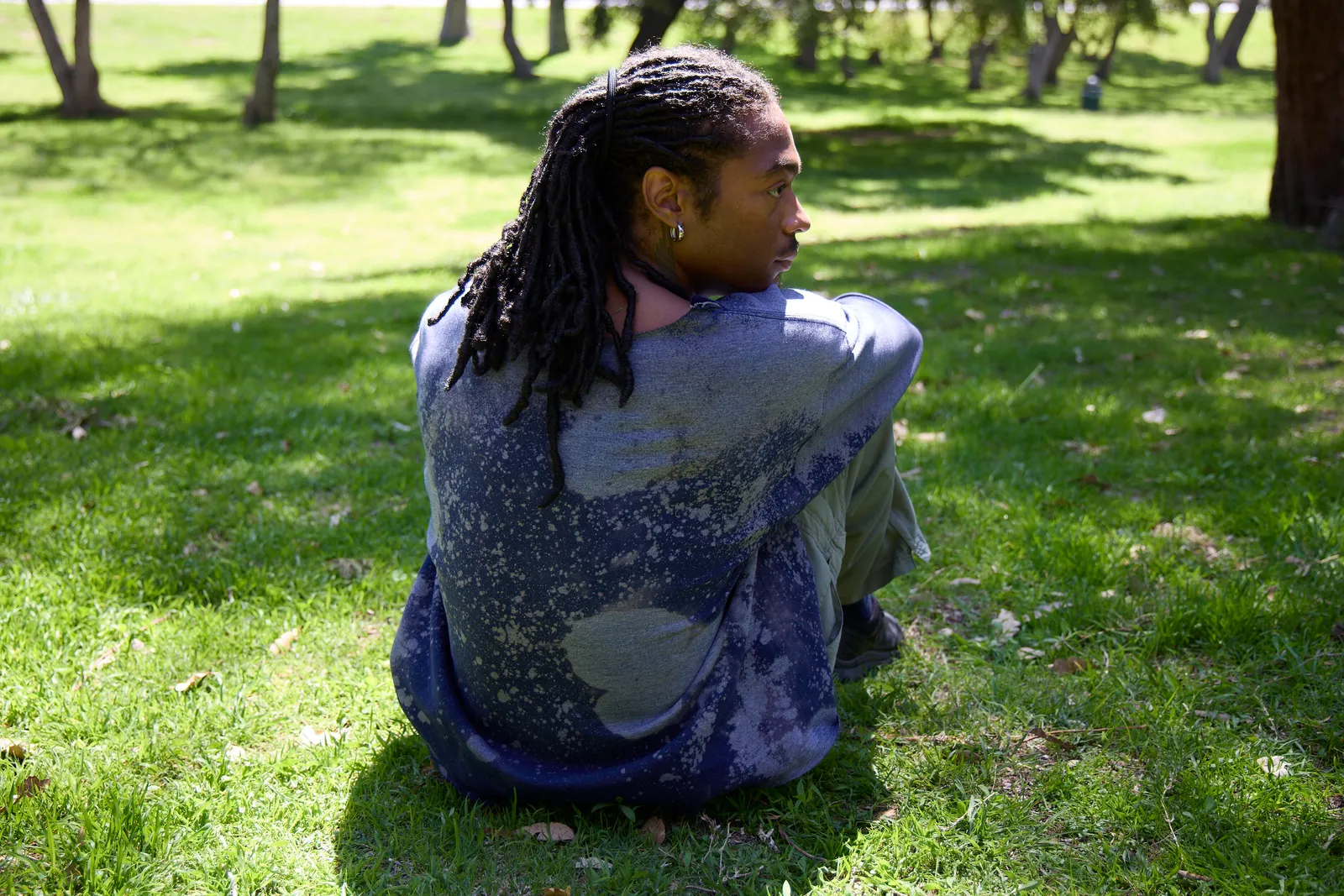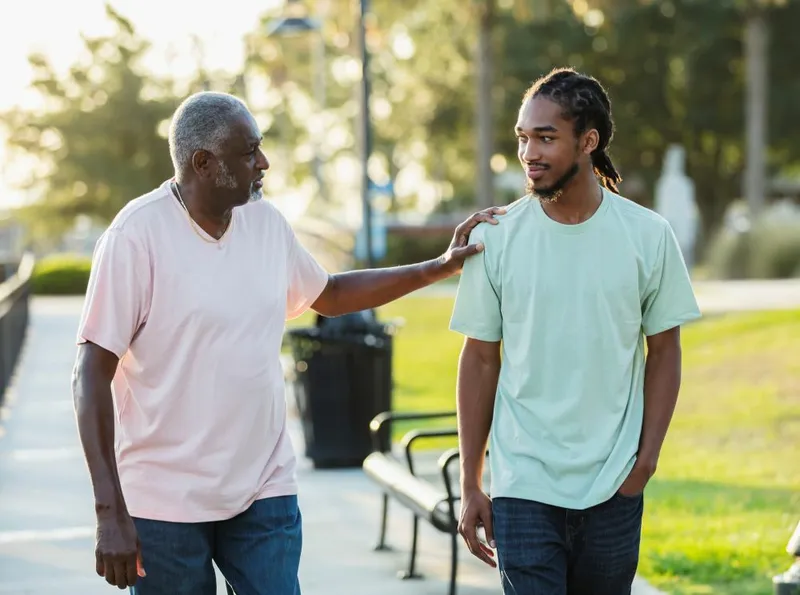
Navigating your LGBTQ+ Identity

What is it?
Coming to terms with your identity can be confusing and scary, but it can also be transformative. It can unlock previously unknown parts of yourself; it can reveal your potential as a person; it can bring a world of happiness, excitement, creativity, love, and joy.
Everybody is different, so navigating your identity and coming out looks different for everybody. Some people know who they are right away, but for some people, it can take years before they figure it out. Discovering who you are can be like sculpting—as you chisel away at the marble, you slowly reveal your vision for yourself. Shame and stigma can make this process difficult, and you should show yourself compassion as you take your time to understand and feel comfortable expressing yourself.
Exploring your identity can begin at any time. You may feel different from everyone else, but can’t put your finger on why; you may feel uncertain of things that seem intuitive to everyone else; you may want to try something new but fear rejection. Or, you may be super sure of yourself on the inside, but you’re not sure if everyone else gets it yet. It can feel lonely, but it can also feel special.
Seeking out queer community, reading books related to your experiences and researching history: these are just some of the many ways to explore self-discovery. Seeking out community and safe spaces is extra important, especially with people in a similar life stage or age as you. People who understand you implicitly can provide meaningful support and introduce you to new possibilities for yourself.
Sometimes things change, and that’s OK. Exploring can be a really powerful phase of discovery, and you never have to leave it.
Just like there’s no one way to be a human being, there’s no one way to be queer. You don’t have to pick a label if you don’t want to or conform to any standards that don’t feel right for you.
What’s important is that you ask yourself, sincerely, what you want for yourself, who you want to be, and what kind of life you’d like to lead. You may find your answer doesn’t fit into just one box, and that’s OK. You may find your answer changes over time, and that’s OK. If you can’t be out about your identity yet, or you aren’t ready, that’s OK too.
There’s no “correct” timeline, and the only end goal should be your happiness.
What’s difficult about it?
It’s easy to talk about self-discovery but doing it can be difficult, especially when you lack resources, safe places to turn, or safe people to talk to.
LGBTQ+ identities were once categorized and treated as mental health conditions, all operating with the underlying assumption that being part of the LGBTQ+ community was a disease that could be cured. While we’ve come a long way in combating hate, the stigma hasn’t completely gone away.
Over the past several decades, LGBTQ+ folks have waged strong and successful efforts to combat that stigma and gain greater acceptance. But in recent years, anti-LGBTQ+ discrimination has increased, making it harder for LGBTQ+ folks to live safely as their authentic selves.
Discrimination can take a toll on your mental health and can make it harder to just be yourself. It makes it harder to explore your identity, to try things out, and discover who you are on your own time. It can create feelings of uncertainty about yourself and your future; it can make you fear rejection.
No one deserves to feel shame, sadness, or fear because of who they are. We are all best able to survive and thrive through these experiences if we build resilience through connection with other people, pride in our culture, and affirming mental health care.
How should I deal with it?
Discovering who you are can be difficult, but you’re not alone. Giving yourself space to heal and explore, and seeking out people who understand you, is a great place to start.
Things to try
-
Explore spaces in your area or online dedicated to people who share your identities and experiences. Building community with people who understand you is an excellent way to cope with the negative effects of discrimination.Explore More
-
Build pride for your community
Seek out examples of people with your experiences and background who have positively contributed to society. This helps combat shame and stigma, building inner strength and resilience.Explore More -
Try talking about it
It might be that talking about what you're going through is the last thing you feel like doing. Or, it might be that you don't feel like talking to your loved ones about it. Ironically, this is usually a sign that getting something off your chest may be essential to healing. Consider asking a therapist or someone you trust to be a sounding board for you. You only need to start with one person.Explore More
What can I do now?
- WebsiteComing Out Guides | Mental Health America
- Website | Support groupFind a Chapter | PFLAG
-
Online directoryThe LGBTQ+ Healthcare Directory



